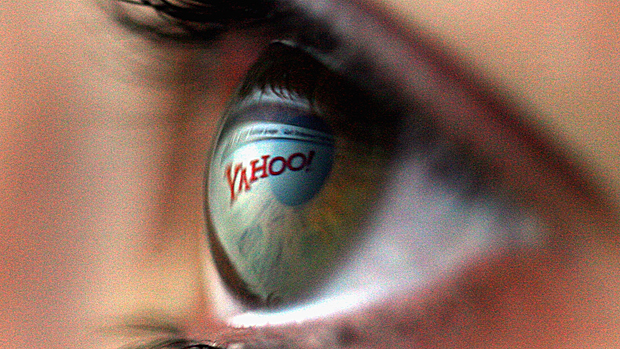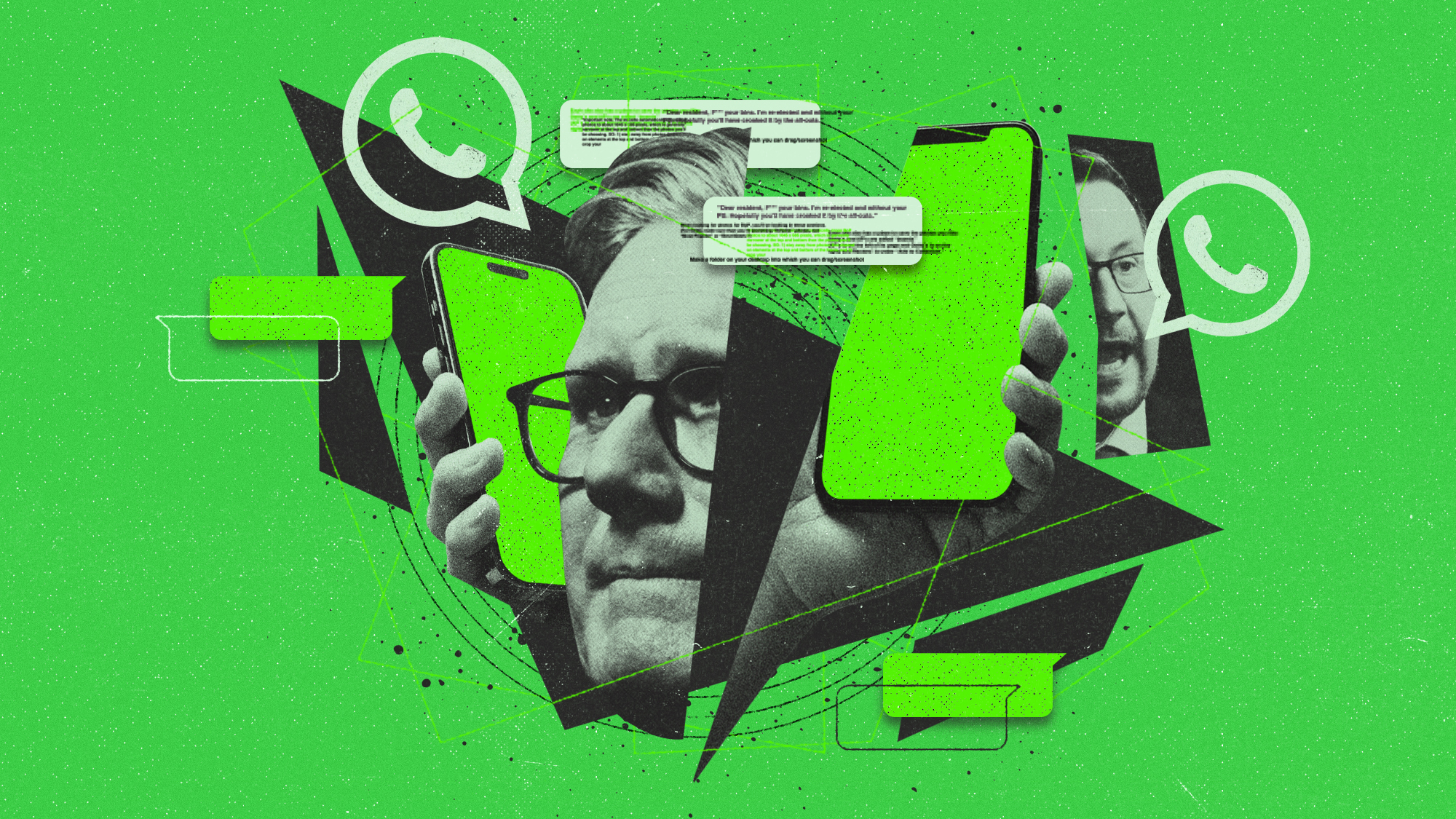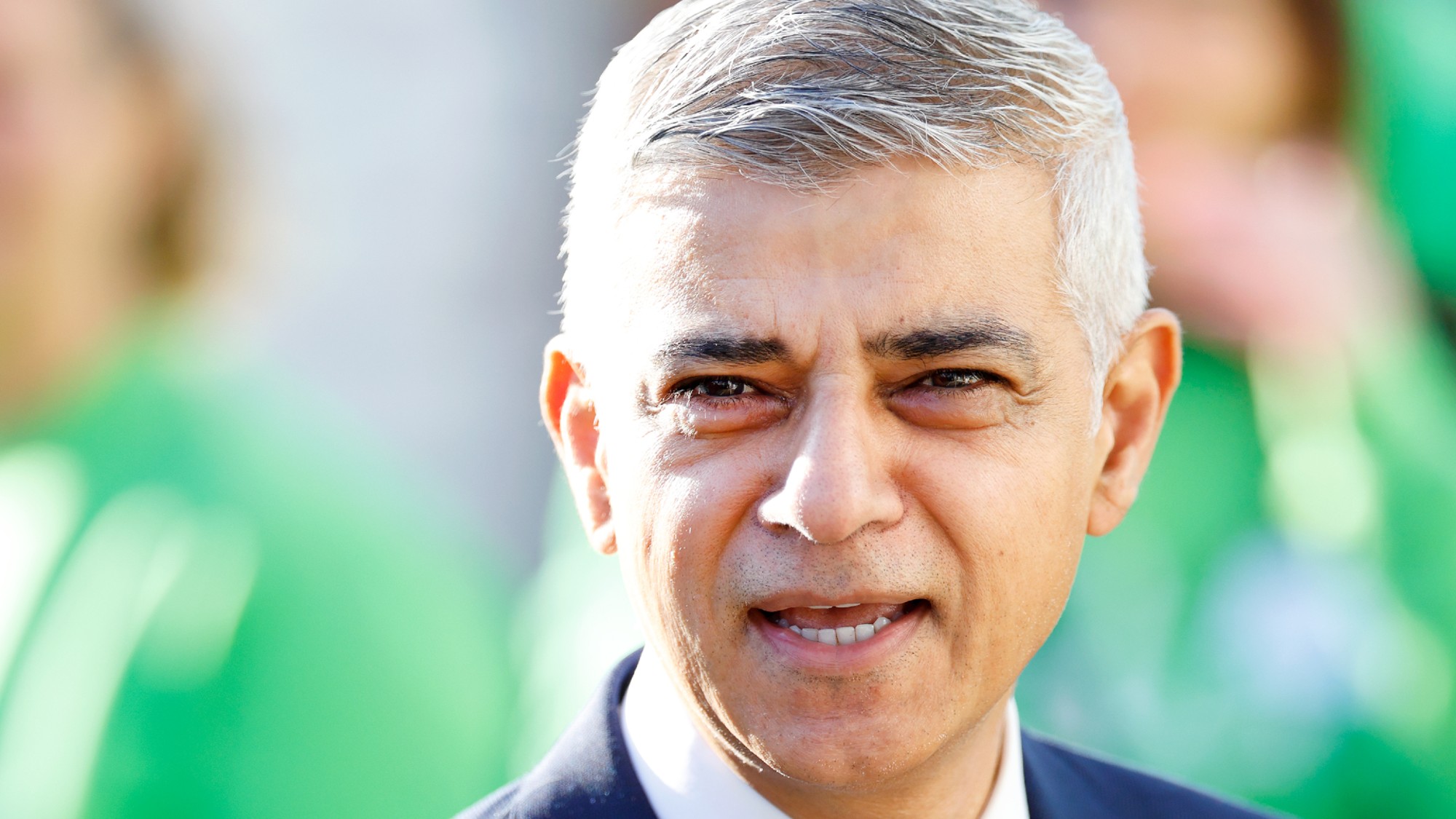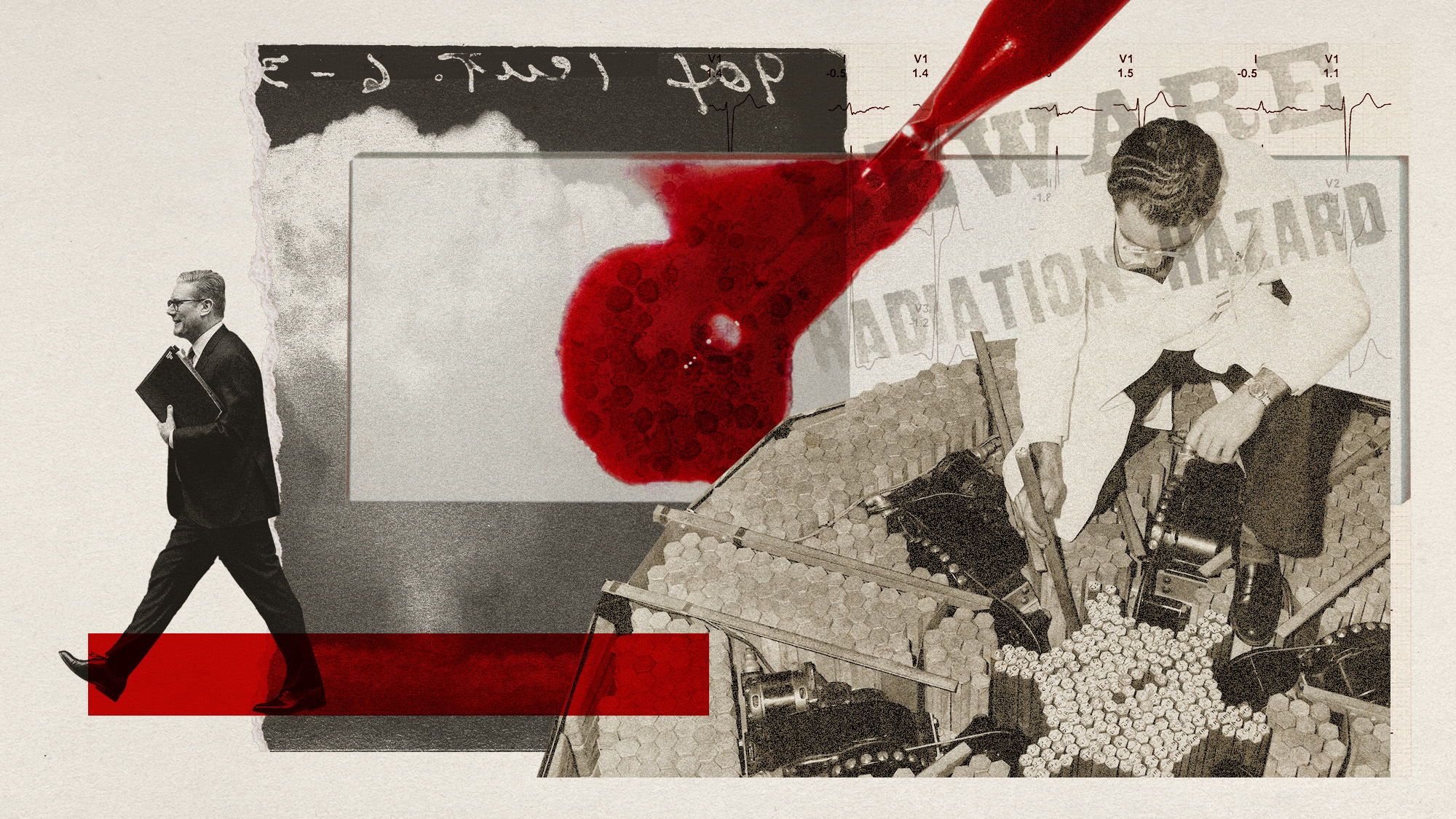GCHQ intercepted 'intimate' Yahoo webcam images
Millions of webcam conversations were intercepted by spies, including many that involved nudity

BRITISH intelligence agents, assisted by their American counterparts, intercepted millions of private webcam conversations between people not suspected of any crime.
The latest revelations from documents leaked by former NSA contractor Edward Snowden published by The Guardian yesterday reveal that between 2008 and 2010, the UK intelligence agency GCHQ conducted a wide-ranging programme called Operation Optic Nerve to collect images from Yahoo webcam chats "whether individual users were an intelligence target or not".
In a six-month period in 2008 alone, the agency intercepted images from 1.8 million people, many of which contained sexually explicit material. The agency came to recognise the collection of such images as a problem.
Subscribe to The Week
Escape your echo chamber. Get the facts behind the news, plus analysis from multiple perspectives.

Sign up for The Week's Free Newsletters
From our morning news briefing to a weekly Good News Newsletter, get the best of The Week delivered directly to your inbox.
From our morning news briefing to a weekly Good News Newsletter, get the best of The Week delivered directly to your inbox.
One document said: "Unfortunately... it would appear that a surprising number of people use webcam conversations to show intimate parts of their body to the other person."
An estimated three to 11 per cent of the images collected by GCHQ contain "undesirable nudity".
Optic Nerve aimed to identify targets by running an early version of facial-recognition software over the harvested images. GCHQ focused its operation on Yahoo webchats because a number of terrorism suspects were believed to have used the service. Facial recognition was deployed to circumvent the problem of target users logging in with multiple accounts or pseudonyms.
Yahoo issued a forceful statement decrying the agency's behaviour, which it said was "completely unacceptable".
"We were not aware of, nor would we condone, this reported activity," said a spokeswoman. "This report, if true, represents a whole new level of violation of our users' privacy that is completely unacceptable, and we strongly call on the world's governments to reform surveillance law.
"We are committed to preserving our users' trust and security and continue our efforts to expand encryption across all of our services."
A GCHQ spokesman said in a statement that the agency was unable to comment on intelligence matters, but that all activities were carried out in accordance with the law.
"Our activities are authorised, necessary and proportionate, and... there is rigorous oversight, including from the secretary of state, the interception and intelligence services commissioners and the Parliamentary Intelligence and Security Committee," the statement said.
Sign up for Today's Best Articles in your inbox
A free daily email with the biggest news stories of the day – and the best features from TheWeek.com
-
 Trump axes NSA head, NSC staff after Loomer advice
Trump axes NSA head, NSC staff after Loomer adviceSpeed Read On the recommendation of Laura Loomer, Trump fired the head of the National Security Agency and several National Security Council officials
-
 Has Starmer put Britain back on the world stage?
Has Starmer put Britain back on the world stage?Talking Point UK takes leading role in Europe on Ukraine and Starmer praised as credible 'bridge' with the US under Trump
-
 Left on read: Labour's WhatsApp dilemma
Left on read: Labour's WhatsApp dilemmaTalking Point Andrew Gwynne has been sacked as health minister over messages posted in a Labour WhatsApp group
-
 New Year's Honours: why the controversy?
New Year's Honours: why the controversy?Today's Big Question London Mayor Sadiq Khan and England men's football manager Gareth Southgate have both received a knighthood despite debatable records
-
 John Prescott: was he Labour's last link to the working class?
John Prescott: was he Labour's last link to the working class?Today's Big Quesiton 'A total one-off': tributes have poured in for the former deputy PM and trade unionist
-
 Last hopes for justice for UK's nuclear test veterans
Last hopes for justice for UK's nuclear test veteransUnder the Radar Thousands of ex-service personnel say their lives have been blighted by aggressive cancers and genetic mutations
-
 Will Donald Trump wreck the Brexit deal?
Will Donald Trump wreck the Brexit deal?Today's Big Question President-elect's victory could help UK's reset with the EU, but a free-trade agreement with the US to dodge his threatened tariffs could hinder it
-
 What is the next Tory leader up against?
What is the next Tory leader up against?Today's Big Question Kemi Badenoch or Robert Jenrick will have to unify warring factions and win back disillusioned voters – without alienating the centre ground


